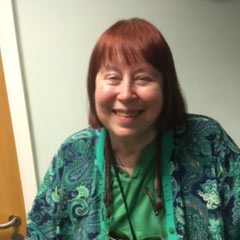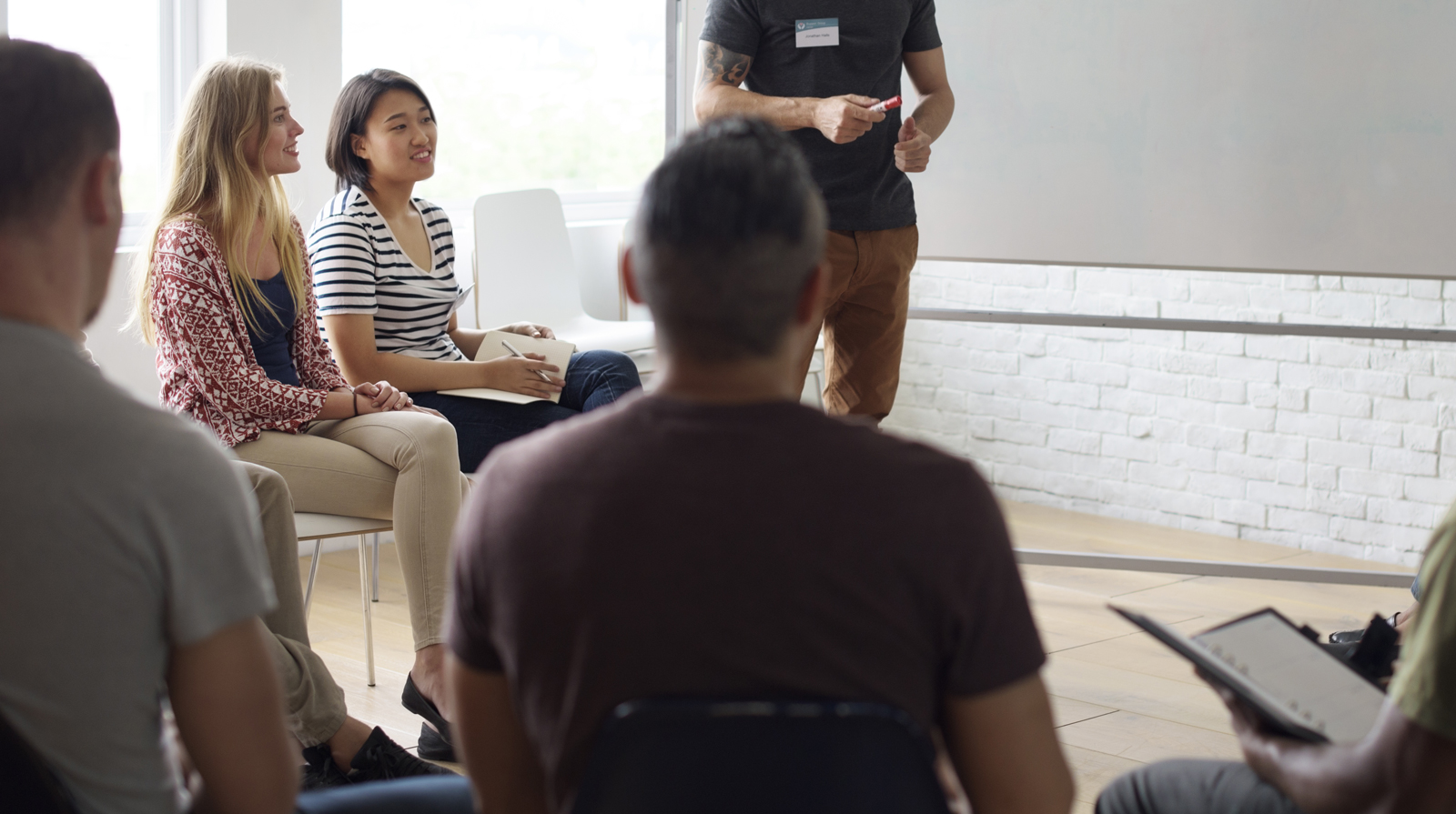Those who have experienced a brain injury will quite often experience cognitive, behavioural, psychological and physical challenges as a result of their injury.
When combined with barriers in returning to work, the outcome can be variable without the right level of support.
Having been supporting those living with acquired brain injury for over 30 years, we understand just how important person-centred care is. We can help lessen the impact of acquired brain injury on everyday life and help those affected to become more independent.
Those who have experienced a brain injury will quite often experience cognitive, behavioural, psychological and physical challenges as a result of their injury. When combined with barriers in returning to work, the outcome can be variable without the right level of support.
Having been supporting those living with acquired brain injury for over 30 years, we understand just how important person-centred care is. We can help lessen the impact of acquired brain injury on everyday life and help those affected to become more independent.
Through our support in the community and day services, we are able to support those with an acquired brain injury and their families through the various stages of the brain injury care pathway.
Headway Essex advocates for the person with the brain injury and their carer; not only for the time the client uses our services, but at any stage of their brain injury recovery journey.
We are a condition specific organisation (acquired brain injury). We signpost to the relevant organisation to avoid duplication of services and share resources and expertise so that those living with acquired brain injury are equipped and supported to cope with the many change to their lives as a result of brain injury.
Headway Essex works with the following external agencies and professionals to ensure holistic and seamless support for the service user to avoid duplication:
Essex County Council Adult Social Care
Clinical Commissioning Groups
Local hospitals (including Neuro therapy teams and stroke units)
GPs, Psychologists and medical consultants
Community stroke teams
Brain Injury Case Managers
Specialist rehabilitation units
Counselling Services
Voluntary sector groups
Other Headway groups
Residential care homes
Job Centres and employers
Health Watch
Help with identifying and acquired brain injury
Brain Injury Needs Indicator (BINI)
Acquired brain injury is a condition that may well be seen by social workers working in adult assessment teams, but not necessarily as a presenting problem.
The BINI is a free tool, referenced in the Care Act Guidance (point 6.43) that can be used as part of the assessment to help identify deficits of people with a suspected or diagnosed acquired brain injury.
To assist social workers in understanding brain injury, how to identify it, and how to address the wide and varied needs and presenting behaviours of those with a brain injury, we offer a training course specifically around the Brain Injury Needs Indicator as well as other specifically tailored courses.
Managing acquired brain injury guides
Within our client information library you’ll find detailed information about the causes, effects and rehabilitation of acquired brain injury as well as a number of practical guides to support those caring for somebody with an injury.
Headway UK, the national charity we are affiliated with, has also published three practical guides for GPs and nurses:
Management of acquired brain injury – a guide for GPs
Management of acquired brain injury – a guide for ward nurses
Minor brain injury – a guide for GPs
To contact the support team, please call 01206 845945 or email us

Read our newsletter
OUR
CLIENTS STORIES
For most of my life before my accident, I used to ride horses and race cars for fun, and thought little of it. I only knew two speeds, one was fast, the other was faster!
One evening, when my husband returned from work, he took the dog out after first shaking me awake. The next thing I remember is a hospital bed, nine weeks later.I had climbed the stairs and missed where the banister ran out; you had to take the window ledge which I just missed. I fell from the top, backwards, striking my head on the wall. I was in hospital for a year.
When I came out my social worker recommended Headway Essex and I began a long journey. To start with I could not walk and I was permanently in a wheel chair. My speech was very poor and I could not really feed myself. I had to have help with the toilet. With the help of my husband and Headway I began to progress. Headway encourages you without bullying you and they were there with me every step of the way.
I joined the Education Group and with the aid of my tutor I began to write short stories. He would give me a picture or a passage and I would write about it, from comedy to tragedy. I found that I had a real talent for story writing and much of the work the tutor gave me (he was a writer himself) was very challenging.
I can now walk with the aid of a walker and can speak and eat properly. I felt as though the whole of Headway Essex has been behind me, willing me on and my confidence has grown.

